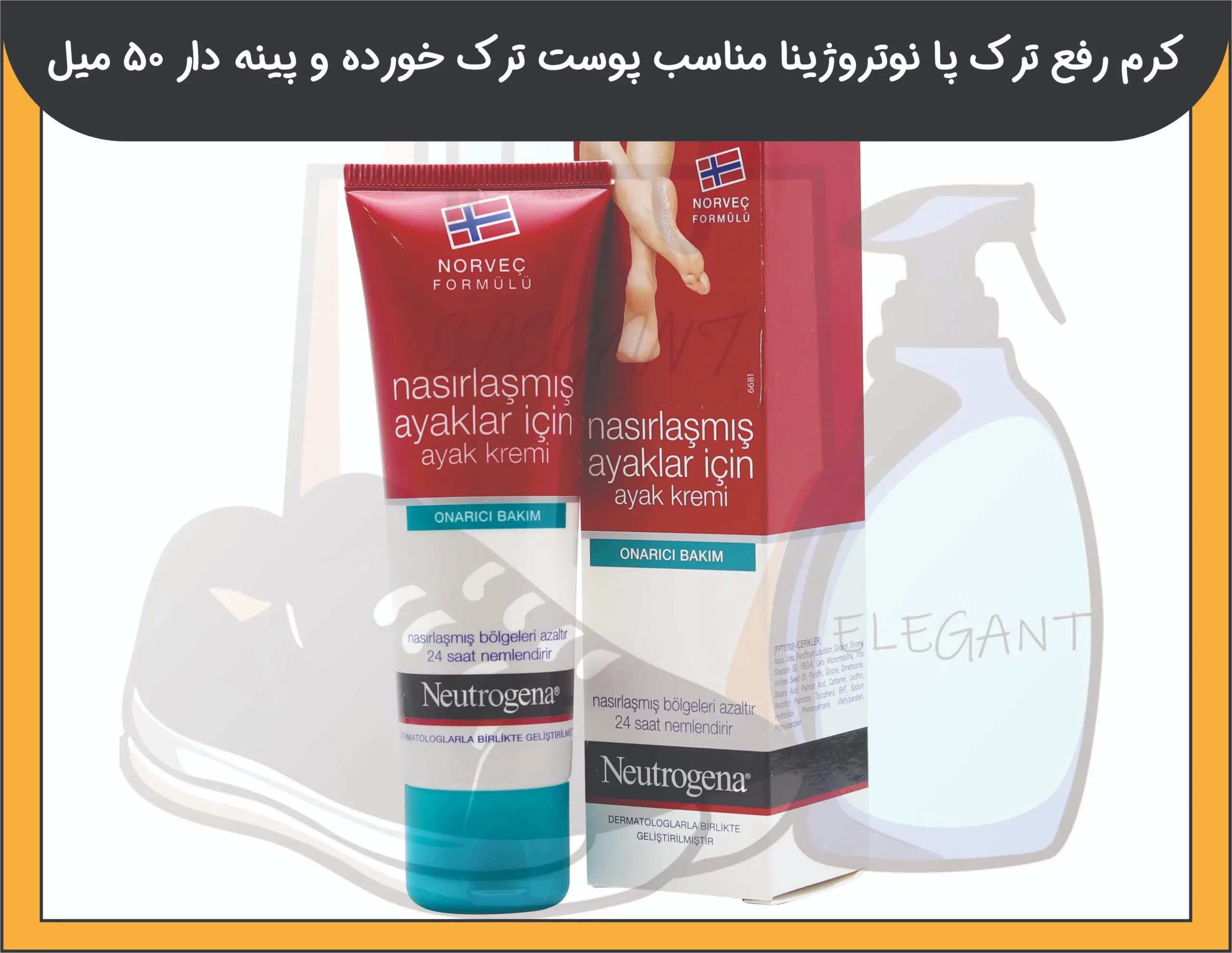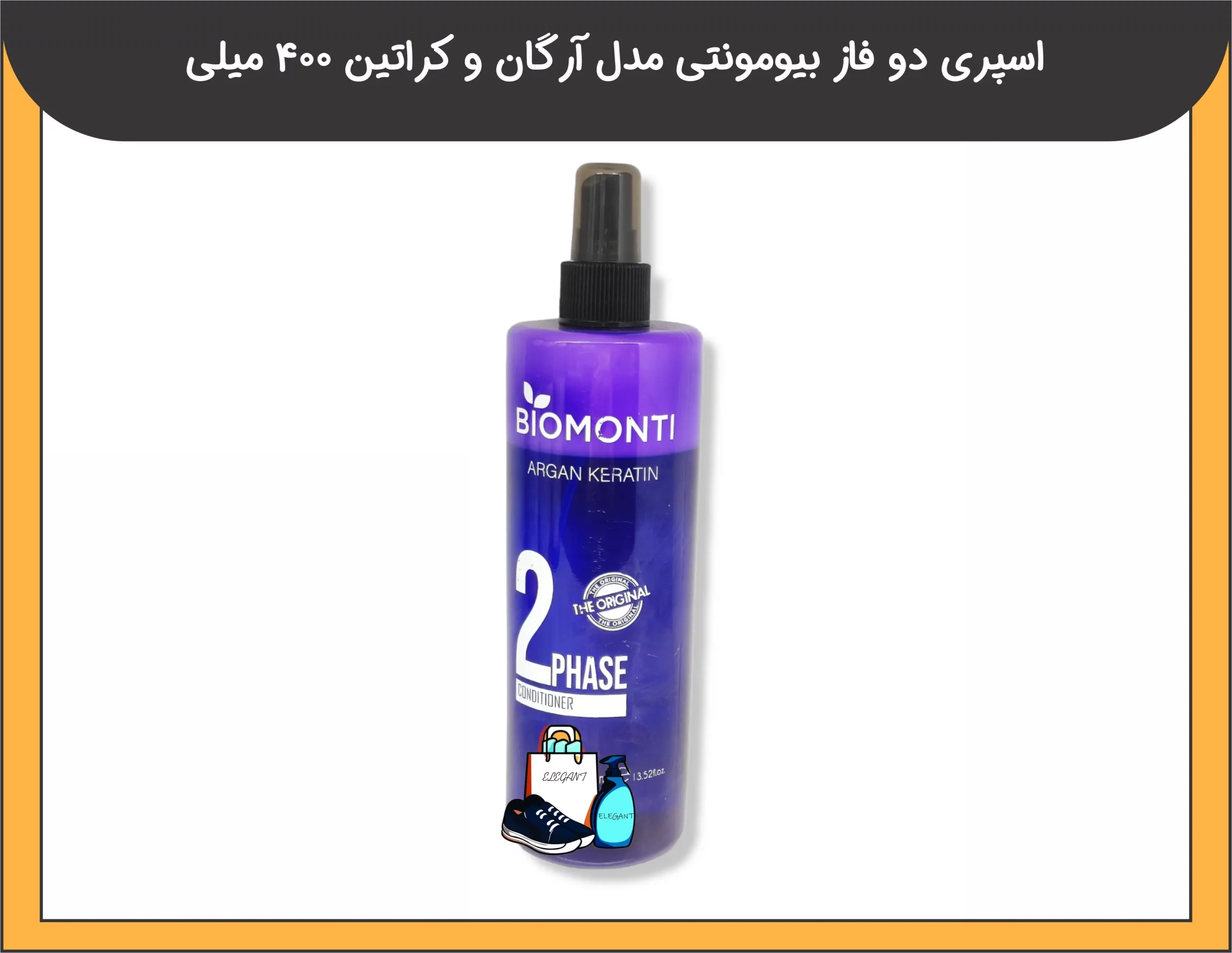
Now that you are no longer suffering from addiction, you can get back in touch with your family and friends. Your family and friends also appreciate seeing you overcome your addiction. Cultivating a mindset of gratitude increases the success of all components of a recovery plan. By flooding the brain with endorphins, rugs and alcohol provide such why is gratitude important in recovery a powerful thrill to addicts that most other activities pale in comparison.

Feeling Proud After Receiving Positive Feedback
Listening to your favorite music can instantly boost my mood and provide a sense of relaxation and enjoyment. Music can evoke many emotions and transport us to different times and places, though we suggest not listening to music that might overtly trigger the urge to drink or use a substance. A gratitude list can be important to your well-being, whether you attend NA, AA, private counseling, or SMART Recovery meetings. The best part is that you don’t need an official gratitude journal – just a sheet of any paper you have around will do just fine.
How to Make a Gratitude List in Recovery
- Spending quality time with a best friend can also be incredibly fulfilling and help provide another source of gratitude.
- Drugs and alcohol can take a severe toll on the body and brain, and an overdose can leave a user permanently disabled, or dead.
- We focus on evidence-based methods along with holistic therapies that foster whole-person health.
- You have to foster gratitude while you go about your everyday activities.
- The best part is that you don’t need an official gratitude journal – just a sheet of any paper you have around will do just fine.
For people working on recovery from substance abuse, cultivating the proverbial “attitude of gratitude” can boost the success of all aspects of a recovery plan. For these reasons, seeing life through the lens of gratitude can also help to prevent relapses. Addiction experts agree that gratitude can strongly influence a person’s chance for a successful recovery from any kind of addiction. Gratitude offers both mental and physical health benefits, which can contribute to mental stability and happiness. By focusing on what you have, instead of what you do not, you can foster healthier thought patterns, and achieve better satisfaction with your life. Journaling isn’t just good for helping you set and achieve goals; it can also have a positive effect on your mental health.
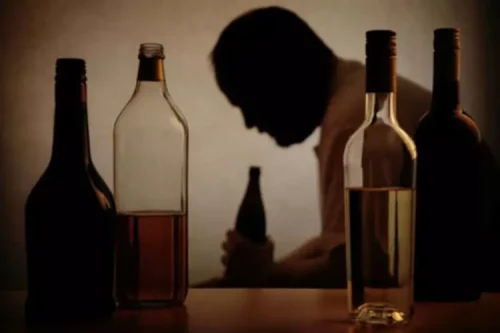
Fostering Gratitude in Recovery
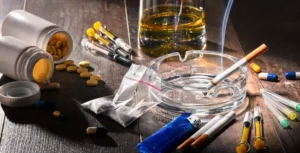
Believe us – if you made it through active addiction and came out the other side, you will be able to make it through even the worst of days! At Immersion Recovery Center, we believe whole-heartedly in the positive power of gratitude. There have been many studies conducted on the power of positive thinking. The most effective way to stay positive during recovery is to practice gratitude. Expressing gratitude fosters the development of a positive mindset. You can create a gratitude journal and write down everything you are grateful for in recovery.
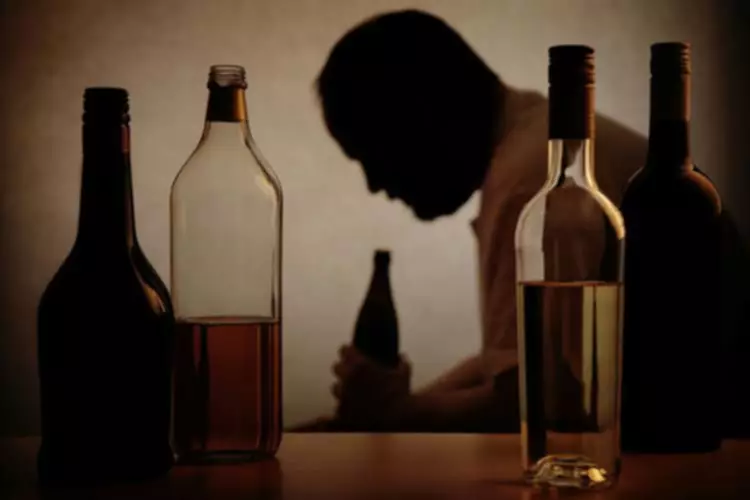
Aquila Recovery holds The Joint Commission’s Gold Seal of Approval® for Behavioral Health Care Accreditation
Step Twelve means sharing gratitude with others, reflecting on positive changes made throughout recovery. Making a positive impact can mean offering practical tips on positivity, helping someone with their self-esteem, or giving a warm hug when someone is facing a roadblock. When reflecting on your journey through recovery, count the multitude of reasons that spark gratitude in your life. Being thankful for the opportunity to practice gratitude itself can be uniquely rewarding.
Why Is Gratitude Important for Relationships in Recovery?
Commending people in recovery on their progress can remind them why they Twelve-step program opted to become clean in the first place and urge them to keep on track. Offer them words of encouragement and tell them you believe in them. It will boost their self-esteem and motivate them to stay sober. Substance abuse also sends most of its victims down the path of committing crimes to fulfill their needs. Some lose custody of their children, while others owe thousands of dollars in debt.
- Some find themselves in the tragic position of losing custody of a child.
- Creating a gratitude list in recovery is an effective relapse prevention tool and is an excellent way to give voice to what you truly feel inside.
- Simply staying connected with friends and family via social media allows us to maintain relationships despite physical distances.
- To find a therapist, check with your health insurance for a list of covered providers.
- Creating good relationships to continue your recovery and avoid relapse is vital.
- While some people have strong, pre-existing support systems and communities, those new to recovery might need to search a little.



